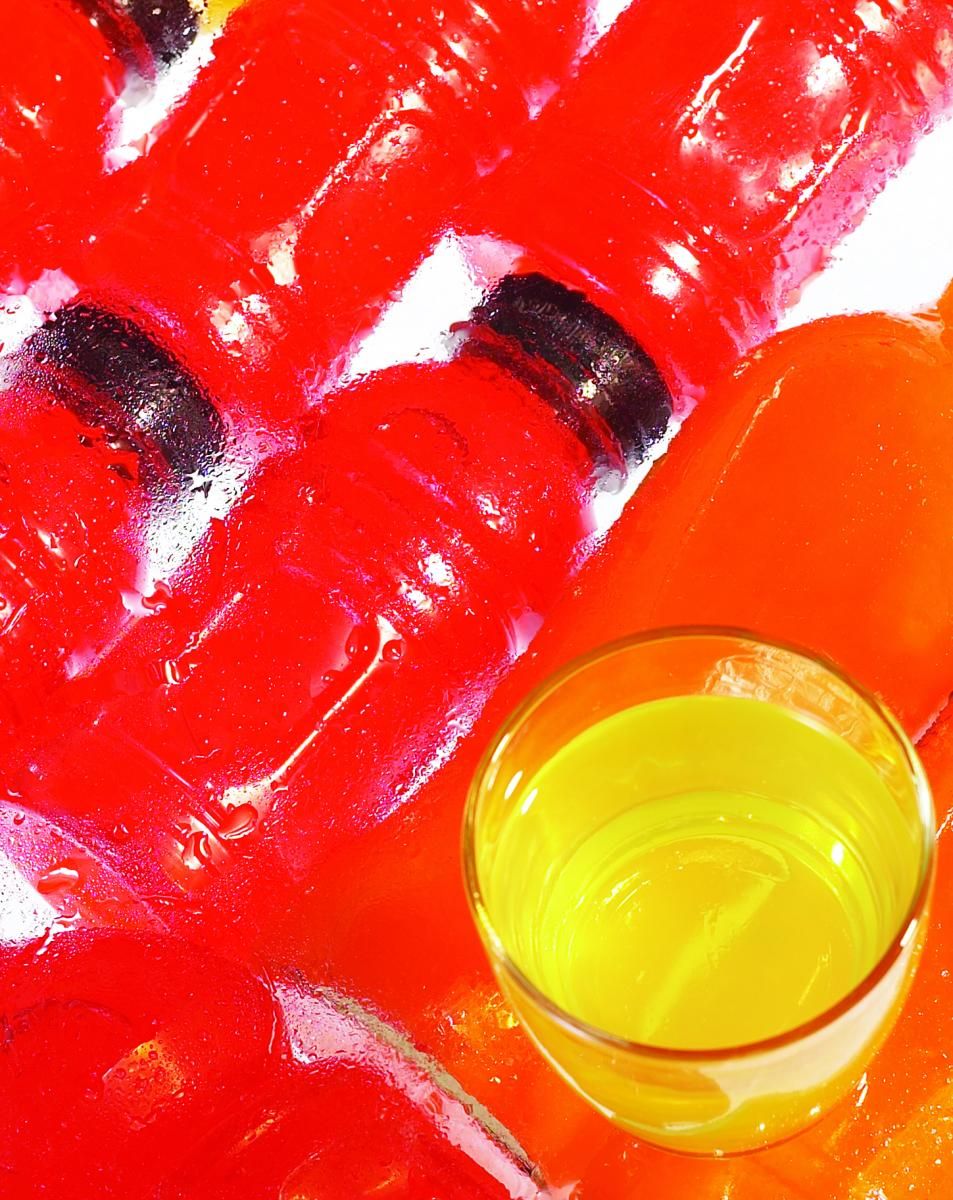New Orange Colorant from BASF Is Cold-Water Dispersible
BASF says its new 10 CWD/O Plus offers a brilliant orange color that may replace azo dyes yellow 5 and yellow 6 in a variety of product types.
Photo © iStockphoto.com/Robert Morrissey

BASF (Florham Park, NJ) has unveiled a new beta-carotene colorant that it says can provide a “brilliant orange” color in a variety of applications, including beverages, confections, and soups. The new Lucarotin 10 CWD/O Plus is dispersible in cold water and may help formulators looking to replace synthetic azo dyes yellow 5 and yellow 6.
“Market research shows that consumers taste with their eyes, so color directly impacts how a product is perceived,” says Brad Hayhoe, carotenoids regional product manager for BASF Nutrition & Health, North America, in a press release. “This phenomenon, combined with consumers’ growing desire for simpler labels, is driving interest in innovations like Lucarotin.”
Unlike some natural colorants, Lucarotin quickly disperses in beverage and confection products, even when used at cold temperatures, BASF notes, citing side-by-side comparison tests with competing products. Using the 10% beta-carotene colorant will also not adversely impact a product’s sensory characteristics, and it is stable to both light and heat, Hayhoe adds.
Additionally, the colorant can appear on U.S. product labels simply as “beta-carotene (color),” and depending on the applications and amount of Lucarotin used, manufacturers may also be able to include an antioxidant or vitamin-A claim on the label, BASF notes. The firm says that because Lucarotin’s active ingredient is derived from natural or nature-identical sources, it is exempt from the FDA certification process.
Read more:
New Orange and Yellow Liquid Color Emulsions Deliver Clarity in Beverages
Natural Color Demand Is Especially High in These Food and Beverage Markets
Michael Crane
Associate Editor
Nutritional Outlook Magazine
michael.crane@ubm.com
Prinova acquires Aplinova to further increase its footprint in Latin America
April 7th 2025Prinova has recently announced the acquisition of Brazilian ingredients distributor Aplinova, which is a provider of specialty ingredients for a range of market segments that include food, beverage, supplements, and personal care.

.png&w=3840&q=75)

.png&w=3840&q=75)



.png&w=3840&q=75)



.png&w=3840&q=75)






